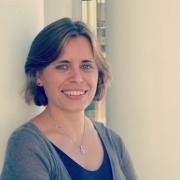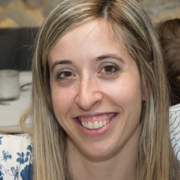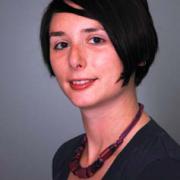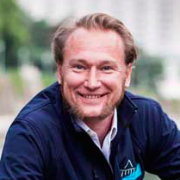Running successful international networks
In our globalised world, international networks are a growing part of our professional lives. We team up to face common challenges, learn from others outside our usual spheres, gain fresh ideas and discover new approaches to current issues. Networks yield benefits that individual organisations can hardly ever achieve on their own. Yet after a euphoric start, reality kicks in. Cooperation comes in all shapes and forms, and so do motivations and capacities.
This session reveals first-hand experiences and best practices from different angles and settings. Speakers will share their successes and failures and provide inspiration, tips and tricks to create new networks or to move one to the next level, including issues such as: How do you choose network partners? How do you motivate people to pursue long-time goals? How do you balance different needs and interests over a long period? How do you set up an effective organisation across different time zones and create working relationships?
In this reverse session, the major part will be dedicated to discussion with participants, who will be highly encouraged to share their own networking ideas and questions.
Facilitator
Ice Age Europe - Network of Heritage Sites
Session speakers
Aliki has participated in running several European projects and in building up of large European project proposals. Based on her experiences at Ellinogermaniki Agogi, NEMO and Ecsite she will share challenges, mistakes and lessons learned on working with large teams, remotely and in tight deadlines.
Travelling exhibitions coordinator
Travelling exhibitions are a way to consolidate national and international networks. Some examples how to use this instrument in different kind of cooperation. The Natural History Museum of Toulouse is actively involved in CPMF (Conférence permanente des muséums de France), Pyrénées Vivantes network and the French Cross Year around the world program.
International Liaison Coordinator
European Children's Universities Network EUCU.NET
EUCU.NET was founded 2008 as a EU FP7 project to foster and develop science communication programmes with and for children linked to universities and research institutes. 2010 the network was established as community of experts and practitioners from 69 institutional members in 27 countries. Cyril Dworsky from the Vienna University Children’s Office is a member of the executive board and will talk about the balancing act between a community of commitment and the expectations for practical benefits. As managing director of the Austrian components of a serial UNESCO World Heritage - the Prehistoric Pile Dwellings around the Alps - he will talk also about the benefits and potential of a growing network for cultural heritage management.
Ice Age Europe - Network of Heritage Sites
Ice Age Europe is a young, vibrant network of archaeological sites and caves across Europe with outstanding Ice Age heritage. Founded on own initiative and for its core tasks independent of external funding, the network has now 20 members in 7 European countries. The network’s aims are to raise awareness on the conservation of Ice Age heritage, to exchange best practices for site management and museum display and to cooperate in the fields of science, management, education, tourism and governance.
Katrin, co-founder of the network in 2013, heads the network office and takes care of all network matters from internal communication up to strategic development. In this session she will provide insights into the setting up and organization of an independent, self-organized network, the structures and projects developed as well as the everyday challenges of working internationally while at the same time pursuing long-term objectives.





